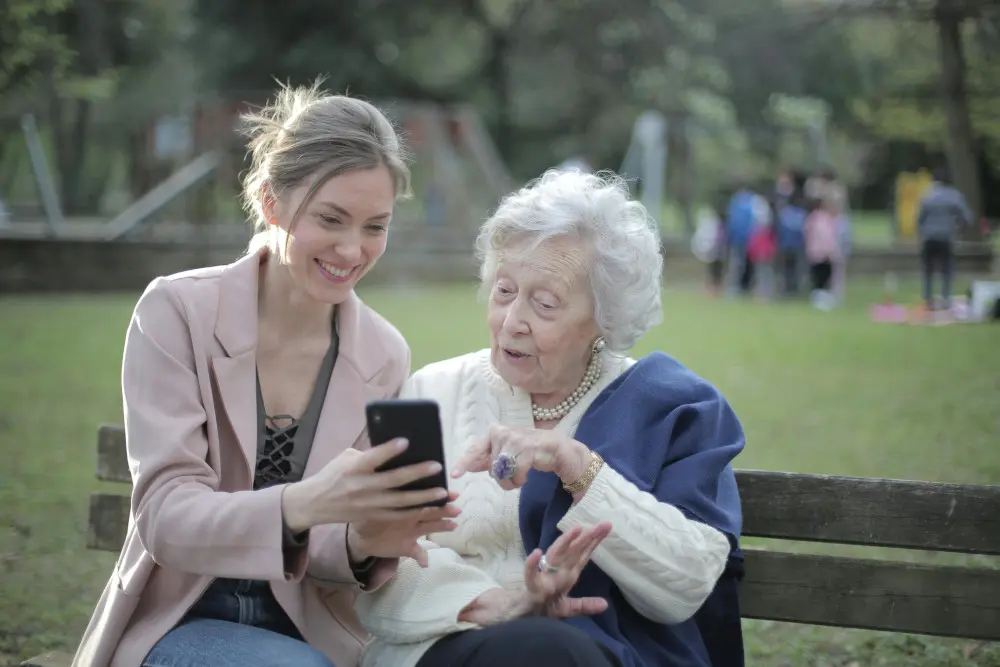
Caring for someone with dementia often feels like navigating an ever-changing maze, but small steps can lead to meaningful progress. Engaging the brain through games and activities not only helps stimulate cognitive function but also creates moments of connection and joy. In this blog, we’ll explore the power of brain games and share practical tips to empower caregivers on this challenging yet rewarding journey. Let’s transform caregiving into an opportunity for progress—one puzzle at a time.
What is Dementia?
The Alzheimer’s Association defines dementia as a general term for the loss of memory, language, problem-solving, and other cognitive function. It’s not a single disease but rather a group of disorders. Dementia currently affects more than 55 million people worldwide, with Alzheimer’s disease accounting for 60-70% of cases. Dementia is progressive and gradually interferes with daily life and independence, presenting challenges for both individuals and their caregivers.
In terms of the brain, dementia targets the neurons of the brain. These specialized cells transmit and process information between the brain and other parts of the body. For those with dementia, neurons stop functioning as they should, with many eventually dying. When the work of these neurons is disrupted, it can affect many areas of the body. This often begins with memory and other cognitive functions.
Is It Possible To Slow the Progression of Dementia?
There is no cure for dementia, but there are things that can help slow the progression of the disease. Following a healthy diet, engaging in regular exercise, regulating heart health and diabetes, engaging in regular social interaction, and mental stimulation can all help to slow dementia progression. As a caregiver, it is important to use these guidelines to help your patient slow the progression of the disease as much as possible.
Mental Stimulation Through Brain Games Can Strengthen Brain Cell Connections
Because memory and cognitive function are a main component of dementia, research focuses on finding ways to reduce progression. The Advanced Cognitive Training for Independent and Vital Elderly (ACTIVE) shows that cognitive training can provide cognitive benefits for a decade or more and that regular cognitive training and stimulation can help slow dementia progression. These and other studies show that mental stimulation can slow the progression of dementia by strengthening the connections between brain cells as well as strengthening the brain cells and increasing their number.
Brain games are not limited to actual games. One study found that playing games, engaging in crafts, solving puzzles, and attending social activities can help stimulate the brain.
How Caregivers Can Help Encourage Brain Games
As a caregiver, your brain game options are endless. It is all a matter of understanding your patients and what they enjoy. Examples can include computer or video games, word puzzles, reading, craft projects, learning an instrument or new language, and jigsaw puzzles. If they have a smartphone or tablet, free game apps, such as Scrabble GO, Wordle, and Candy Crush Saga can also be great options. Introduce activities that match their current cognitive ability. For instance, those with severe dementia may have difficulty doing more complex tasks, so starting with something easier that you can do together with them is a good place to start. Once you find a few activities they enjoy, encourage daily interaction and play.
Blue Water Homecare is committed to delivering exceptional care that emphasizes patient comfort, well-being, and engagement. Recognizing the cognitive and emotional benefits of brain games for dementia patients, skilled caregivers incorporate these activities into daily routines to promote mental stimulation and connection. By using best practices, they ensure patients participate in engaging games tailored to their needs, fostering a sense of accomplishment and joy while maintaining their safety and comfort.